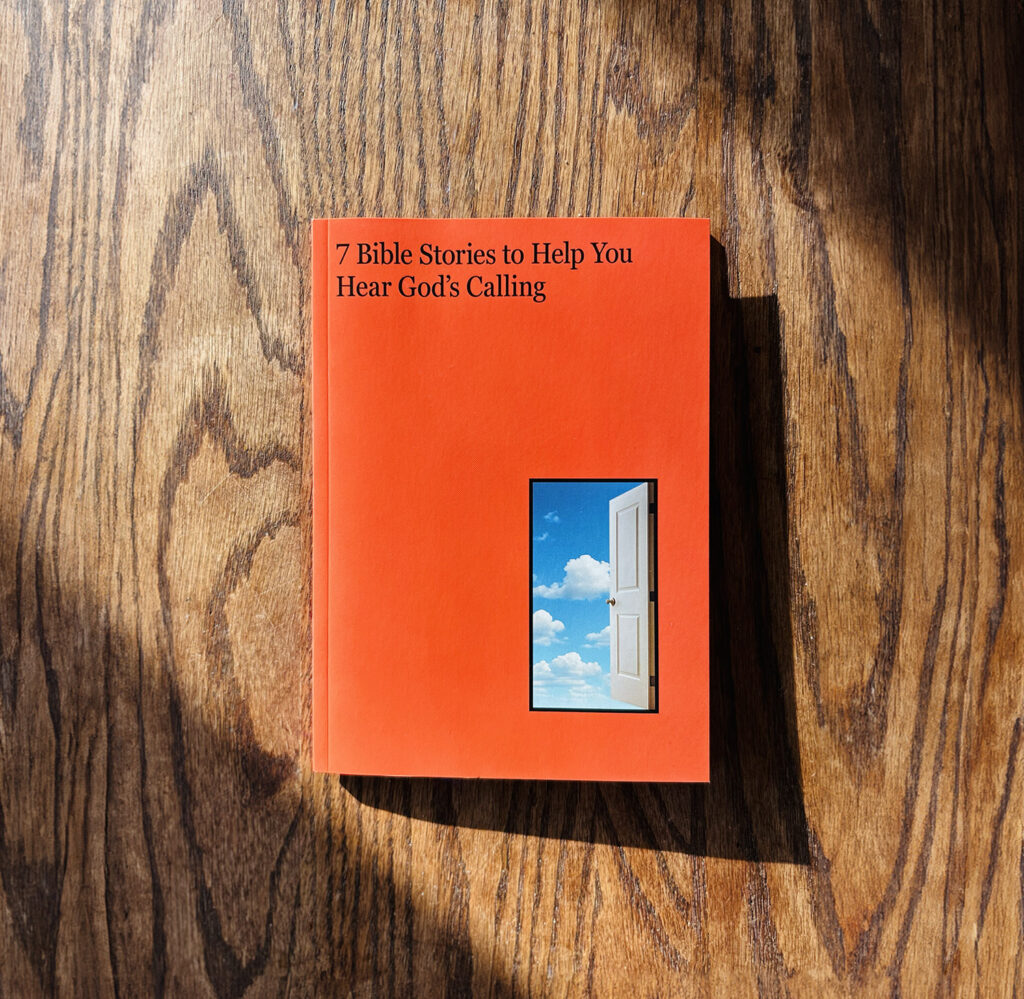It can be discouraging when our faith feels abstract, or strictly intellectual—even disembodied. We believe things in theory, but we want more. We want to have actual experiences with God and other believers that affirm what we know to be true about God.
Today, we’re considering something that we think is underexplored—we’ll call it “embodiment”—the place where our spirituality meets God’s gift of a physical body.
In Christianity, there are plenty of messages about how our bodies (or “flesh”) are broken and sinful. The apostle Paul drills this theme. But Paul also urges us to bring our bodies to God as an act of worship and sacrifice (Romans 12:1).
Your body is not bad. Your body was originally made good (Genesis 1:31). Your body has capabilities that by their sheer existence, shout evidence of an intentional, divine creator. Your body is complex, mysterious, and well-crafted. It, like every other part of your being, is affected by the curse of sin, but it’s something that can be restored as you bring it to God in worship.
So here’s the good news for you (and us!): there are creative ways that we can invite our bodies into worship. Even when our brains are fried or we’re emotionally disconnected, our bodies can step in and faithfully worship God. Sometimes letting our bodies take the lead in worship can even help guide our minds and hearts to get there, too.
Consider these six practical ways we can include our bodies in worship!
Eat and drink – Communion
This tradition of eating bread to represent Jesus’ body that was broken for us and drinking wine (or juice) to remember the blood he poured out to save us is often observed in a congregational church setting. In fact, some denominations believe true communion happens only when a clergyperson is officiating. But this doesn’t mean you can’t remember what Christ has done when you’re at home too!
Next time you find yourself fighting familiar lies from the enemy, let your body join the fight. As you physically eat and drink something, think about the enoughness of Jesus’s sacrifice and love. What’s the truth you need help believing right now? As your body swallows food and drink, pray that truth seeps deep into your being.
Inhale and Exhale – Breath Prayer
This adaptation of an ancient contemplative practice, most simply put, invites our bodies into prayer with us by matching a short and simple prayer to the rhythm of our breath.
Something like, “Lord, I give you thanks (inhale)… …you are good (exhale)” is an example of a breath prayer that can help you slow down. As we pause to breathe a simple prayer to God, it gives our busy minds a chance to slow down and directs our whole selves toward God.
Bow your head – Confession
It’ll probably feel awkward at first, we know. But as you practice confession through prayer, consider inviting your physical posture to mirror that of your heart and spirit. Bow your head to the ground, and let your body join you in humble confession.
Open your palms – Petition
As you petition Jesus for your needs, pray for other people, or ask for direction and guidance, take your palms and turn them so they sit open. As you do, consider how your open hands represent the desired posture of your heart—open to accept whatever God’s response is to the prayer you’re praying.
Place your hands – Connection
While some of us might be touched out from constant contact with our kids, other people might go days (or weeks) without much physical contact with other humans. We’re made for connection. Next time you pray for someone, or even when they’re sharing a prayer request in Bible study, ask permission to gently place your hand on their shoulder or knee. This physical contact can communicate your attention, presence, and encouragement in a powerful way.
Activate Scent – Remember
Have you ever caught a whiff of a familiar cologne, shampoo, or deodorant that’s transported you back in time to a specific memory? Scent is an underrated sense, and we can use it in worship. Try lighting a candle or something fragrant before your morning devo, or before praying. In time, this scent will become a trigger for our minds to turn its focus to the worshipful practice we’re about to engage in.
As you worship, don’t forget to invite your body to join you. Choose to engage in embodied faith experiences, worshiping God with your whole self. Even if it feels uncomfortable at first, trust that God will see it as a step of faith, and hope he will use this act of obedience to bridge the gap between where our wandering minds and hearts may be, and what our bodies are doing.

